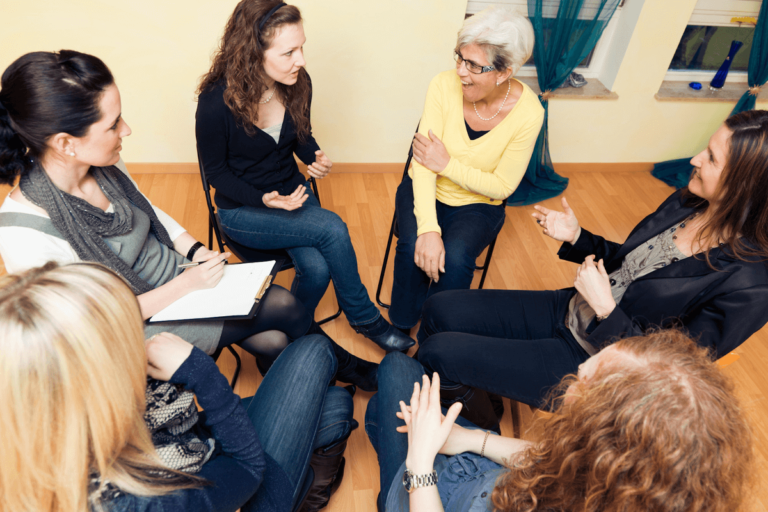
Almost half of Americans know someone—a family member or close friend—who’s been addicted to drugs. If you’ve landed here today, you’re one of the 46% of people with a friend or family member in need of your support.
Drug addiction affects people across all planes of life, cutting through demographics, political affiliations, socioeconomic status, and more. This highlights a pressing need for the other half to come forward and act as a rock, a foundation, a base of love through challenging times.
Entering alcohol and drug rehab is one of those difficult times that requires tremendous courage and strength on the part of the addicted person. It’s an act that needs the support of loved ones to improve its success rate.
If your friend or family member is entering drug rehabilitation, here’s why you need to be there.
Support Groups Aid in the Healing Process
Support groups are used by many for all types of reasons.
They can help someone with depression or another mental illness, to overcome the loss of a loved one, and even with addiction. Support groups immerse people in a community that understands what that person is going through. That’s one reason why Alcoholics Anonymous is a lifeline for so many in recovery.
By encouraging your loved one to attend support groups (or even offering them a ride to a meeting), you’ll be opening the door to several benefits, such as:
- Learning healthier coping skills
- Maintaining hope and keeping optimism high
- A place to focus on their self-care and recovery
- Sharing their experiences and lightening emotional burdens
Support groups are a desirable middle ground in recovery: they’re not in a familial setting or a medical setting, but somewhere between.
Still, familial support is a huge advantage. We’ll discuss that next.
Family and Friends Provide Positive Reinforcement
When someone is addicted to drugs or alcohol, it’s common to become isolated from loved ones. More often than not, that person makes frail connections with other addicted individuals.
After drug rehab, it’s incredibly important to rebuild positive relationships. Doing so also helps to avoid feelings of isolation.
Additionally, loved ones can provide positive peer pressure rather than negative. It’s crucial for people in recovery to avoid relationships with other users, who can influence them negatively. As their loved one, you can engage in healthy sober activities like cooking, taking walks, painting, and other affirming hobbies.
Self-Confidence Is a Backbone to Recovery
Finally, a support system—whether from a friend, family member, or member of an AA group—is another way to cultivate self-confidence, something that’s especially useful in staying sober post-rehab.
Low self-esteem has been linked to the onset of drug use, addiction, and other behavioral addictions. Lack of confidence—in oneself, or one’s ability to stay sober—is a recipe for relapse (or addiction in the first place).
By supporting your loved one, you can assure them you’re there for them and that you believe in their recovery. People with self-confidence will be more encouraged to care for themselves, nurturing their relationships with themselves and others. They’ll understand that they deserve a happy, healthy life.
After Alcohol and Drug Rehab, Show Your Loved One You Care